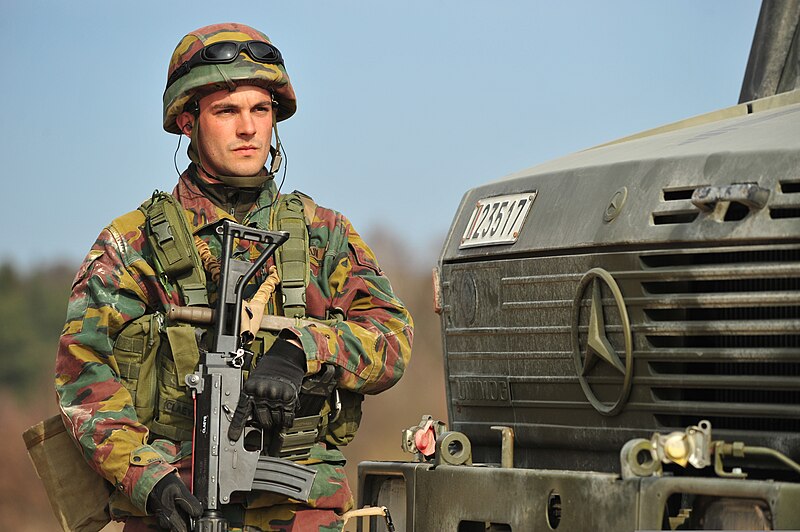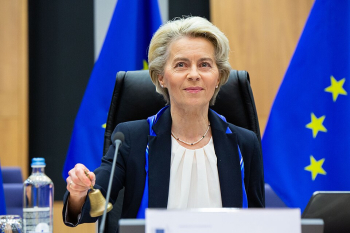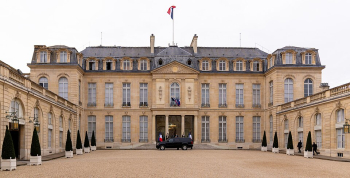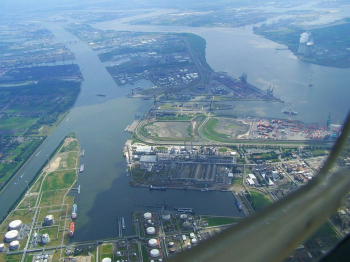
Belgium’s newly appointed Defence Minister, Theo Francken, has emphasized the urgent need for substantial investment in the country’s armed forces, stating that Belgium
is currently unprepared to confront global security threats.
Speaking to Belga, Francken, a member of the N-VA party, acknowledged the significant challenges facing him in his new role. “We have consistently underinvested in our military, and now we must commit to a serious reinvestment,” he asserted.
The Belgian government aims to increase defence spending to 2% of GDP by 2029, aligning with NATO’s agreed benchmark. By 2034, this figure is projected to rise to 2.5%.
Strengthening commitments to NATO and the EU
“We must rebuild our armed forces and restore their resilience,” Francken stressed. “As one of the founding nations of both the European Union and NATO, we have obligations to uphold. We must honor our commitments and stand in solidarity with our allies.”
He underscored the financial feasibility of these investments, stating, “These are political decisions. When you allocate 140 billion euros to social security and only 8 billion to defence, the imbalance is clear.”
Global security concerns and EU discussions
In the context of ongoing conflicts in Ukraine and the Middle East, as well as Russia’s hybrid warfare tactics, Francken warned that Belgium must enhance its preparedness. “At present, we are not ready, but we need to be,” he cautioned.
His remarks precede an upcoming meeting of EU leaders in Brussels, where defence strategy and expenditure will be central topics. European Council President António Costa has scheduled a high-level retreat at the Egmont Palace on Monday, with NATO Secretary General Mark Rutte and UK Prime Minister Keir Starmer among the attendees.
Funding Europe’s defence ambitions
The summit will explore two critical questions, as reported by De Tijd: what military capabilities Europe is willing to harness, and how these efforts will be financed.
While countries such as Poland, Estonia, Latvia, and Lithuania already meet or exceed NATO’s 2% GDP spending target—and support U.S. demands for a potential 5% target—Belgium remains below the current threshold.
Polish Prime Minister Donald Tusk has expressed skepticism about reaching definitive agreements at the summit but is advocating for European funding to bolster defence initiatives. Reports suggest the European Commission is considering a 100-billion-euro package, though the timeline for its availability remains uncertain.
“We cannot afford to wait for the next EU multiannual budget cycle,” Tusk stated. “That process begins in 2028, with initial payments projected for 2029-2030. Meanwhile, Vladimir Putin is not waiting.”
One alternative under discussion is the issuance of European loans to fund defence projects. While Baltic and Eastern European nations largely support this approach, wealthier EU members such as Germany and the Netherlands remain hesitant.
As geopolitical tensions rise, the summit’s deliberations will be closely watched to determine Europe’s next steps in securing its collective defence. Photo by Markus Rauchenberger, Wikimedia commons.

















